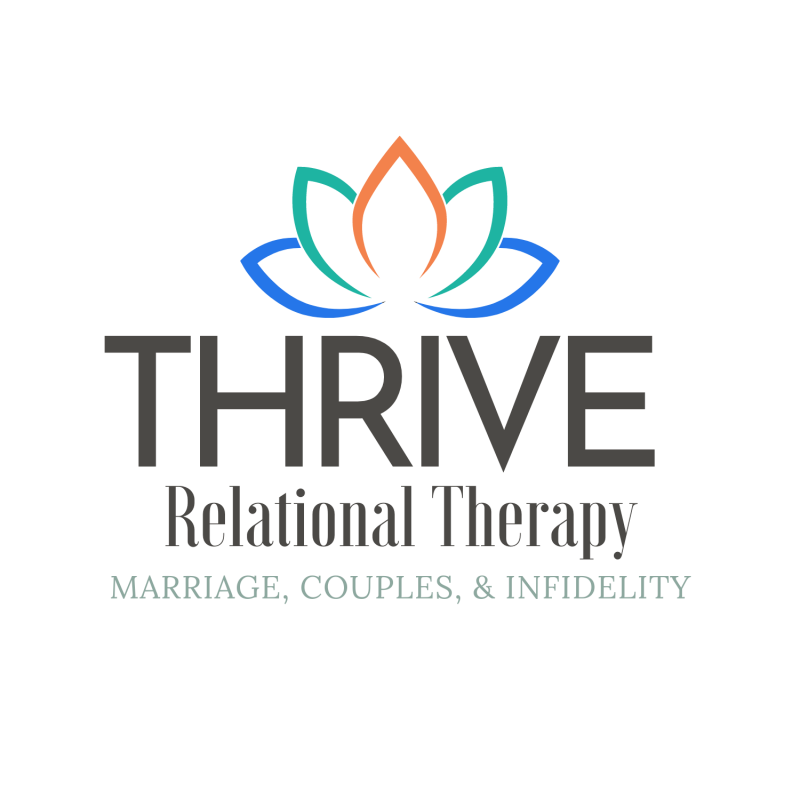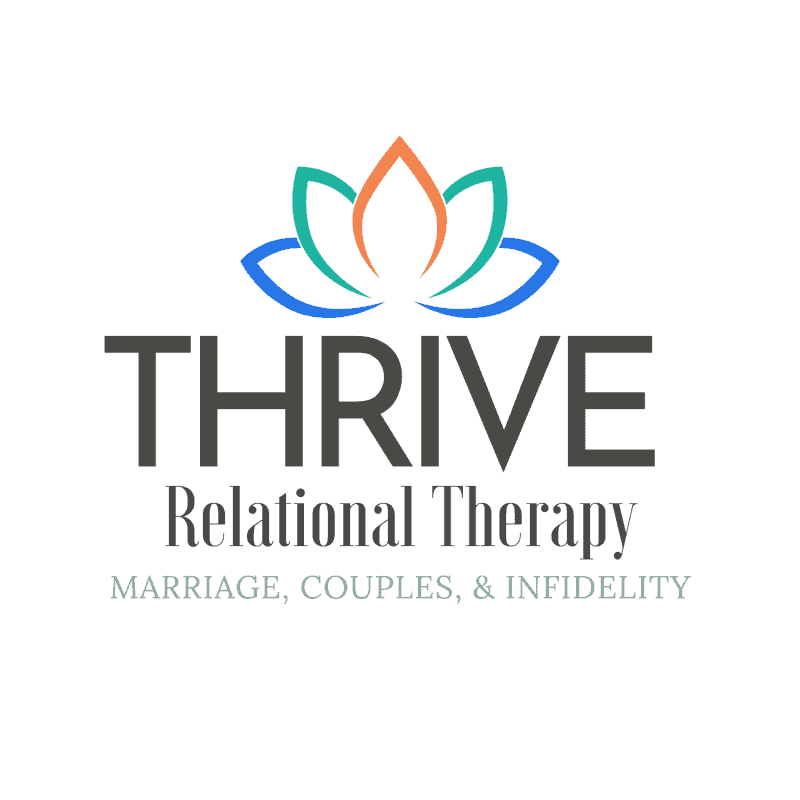Individual Counseling
Online Video Counseling Available
How do I know if individual counseling is right for me?
Most people experience general confusion, sadness, anxiety, and struggle with general life transitions. But for many, these can pile on top of one another, and be too great to manage on your own. Making the decision to engage in individual therapy takes immense courage. You will take this courage and dedicate yourself to healing. In my experience, one of the most important aspects in your healing process is finding a place in which you can feel completely validated and heard. When offering counseling in Vancouver, Washington I strive to create an open, non-judgmental environment to walk with you on your journey of healing and building in hope.
What should I expect in individual therapy?
One of the biggest positive aspects of individual therapy is that all the time and attention will be focused on you and what you bring to talk about. For some it is a much-needed space to engage in open dialogue about relationships in their lives. For others it is a safe space to decompress and move past trauma. A secondary perk is this offers you a safe place in which you can practice self care on a regular basis. The most important thing you can expect is to know that you will achieve your desired healing if you come to therapy consistently and engage in the process in a vulnerable way knowing you are in a safe place.
How do I know if I should attend individual therapy vs. relationship therapy?
If you are trying to decide if you should engage in relationship or couples therapy vs. individual therapy, you are in the right place. While there isn’t always a clear answer to this question, I can assure you that whether or not you attend with your partner, we will bring many contexts “into the room” regardless of physical presence. What this means to me, is simply that if you are experiencing relationship problems but wish to engage in individual therapy, it’s okay! We can begin to address some of the most challenging aspects of your relationship in individual therapy. If you are in a relationship, but your partner does not wish to attend therapy, that’s also okay! You can engage in your own individual healing process and know that it will likely transform aspects of your relationship on it’s own. Whichever type of counseling you’re looking for, my office in Vancouver, Washington is a safe space to meet and work through challenges.
Additional Information
Individual Counseling – Thrive Relational Therapy in Washington state
Individual Counseling
If you would like to speak to or text a clinician immediately, Counseling and Psychological Services can help!
Individual counseling is a personal opportunity to receive support and experience growth during challenging times in life. Individual counseling can help one deal with many personal topics in life such as anger, depression, anxiety, substance abuse, marriage and relationship challenges, parenting problems, school difficulties, career changes, etc.
Individual counseling (sometimes called psychotherapy, talk therapy, or treatment) is a process through which clients work one-on-one with a trained mental health clinician in a safe, caring, and confidential environment. Counseling allows individuals to explore their feelings, beliefs, and behaviors, work through challenging or influential memories, identify aspects of their lives that they would like to change, better understand themselves and others, set personal goals, and work toward desired change.
Individual counseling is also known as therapy or psychotherapy. It is a professional relationship that is solely focused on an individual’s immediate need or future concern. The individual may choose to pursue counseling services when they experience a life difficulty, problem, or transition that is beyond their normal ability to cope.
Many therapeutic techniques flourished in the 20th century. These techniques were largely inspired by popular schools of thought at the time. Some of these schools of thought include psychoanalysis, behaviorism, cognitivism, and systems psychology. In the 21st century, there are many treatments that incorporate diverse fields, such as mindfulness and neurobiology. Many approaches focus on helping people in treatment identify their concerns, foster personal growth, and develop healthy coping skills.
Counseling & Psychological Services
Individual therapy sessions can be a stand-alone service or can be used as a helpful complement to family counseling or couples counseling.
People in treatment can expect confidentiality during therapy sessions. But, a therapist may break confidentiality if someone is in immediate danger of harming themselves or others. Therapists may also do this if required to by federal or state law. Many therapists explain the limits of confidentiality and provide written guidelines during the first therapy session.
Many therapists encourage people in treatment to do most of the talking. At first, it may be hard to talk about past experiences or current concerns. Sessions may stir up intense emotions. It is possible to become upset, angry, or sad during treatment. However, therapists can help people build confidence and become more comfortable as sessions progress.
INDIVIDUAL COUNSELING
You may seek counseling when the way you feel is affecting your sleep, your eating habits, your relationships, your job, and your everyday life. All of the above can make you feel distracted, tired, out of control, and overwhelmed.
The person in therapy can also use their first session to decide if the therapist’s style is a good fit for their needs. Finding a therapist you are comfortable with is vital to successful treatment. It is important to talk about the type of therapy to be used, treatment goals, session length, and how many sessions are needed.
Individual therapy (sometimes called “psychotherapy” or “counseling”) is a process through which clients work one-on-one with a trained therapist—in a safe, caring, and confidential environment—to explore their feelings, beliefs, and behaviors, work through challenging or influential past experiences, identify aspects of their lives that they would like to change, better understand themselves and others, set personal goals, and work toward desired change.
What are the benefits of individual counseling?
1.) Personalized Therapy To Suit Your Needs. … 2.) Get One-On-One Attention. … 3.) Discover Healthy Coping Methods. … 4.) Improve Your Relationships With Loved Ones. … 5.) Take Control Of Your Life. … 6.) Move At Your Own Pace. … 7.) … Low-Income Counseling Services In Broward County.
What is individual and group Counselling?
In individual counseling, there is one client and counselor. In group counseling there are multiple clients, and sometimes multiple counselors. … For instance, the one-on-one context of individual therapy may lead to more sensitive topics and personal feelings being addressed than in a group setting.
What is individual Counselling in psychology?
Individual psychotherapy is a treatment of emotional and personality problems or disorders by using psychological means. In other words, just like how a physician would treat fever or cold there are treatments that help with treating problems of an emotional nature.
What does individual therapy treat?
Individual therapy is one type of psychotherapy in which a trained professional helps a single person work through personal issues they have been facing. It is an effective treatment for a variety of emotional difficulties and mental illnesses.
What techniques are used in individual therapy?
CBT (Cognitive Behavioral Therapy) The belief of Cognitive Behavioral Therapy is that a person’s mood is directly related to the person’s thoughts. … DBT (Dialectical Behavioral Therapy) Skills. … Play Therapy. … Sand Tray Therapy. … EMDR(Eye Movement Desensitization and Reprocessing)
What is the goal for individual therapy?
Individual therapy is a joint process between a therapist and a person in therapy. Common goals of therapy can be to inspire change or improve quality of life. People may seek therapy for help with issues that are hard to face alone.
What are the 3 types of therapy?
Psychoanalysis and psychodynamic therapies. This approach focuses on changing problematic behaviors, feelings, and thoughts by discovering their unconscious meanings and motivations. … Behavior therapy. … Cognitive therapy. … Humanistic therapy. … Integrative or holistic therapy.
What are the advantages of individual Counselling?
Individual therapy gives you the chance to explore conscious or subconscious habits, emotions, and behaviors that could be causing you harm, such as depression, anxiety, self-criticism, substance abuse, negative relationships, and more.
What are the four benefits of counseling?
improved communication and interpersonal skills.greater self-acceptance and self-esteem.ability to change self-defeating behaviors/habits.better expression and management of emotions, including anger.relief from depression, anxiety or other mental health conditions.
What is individual Counselling?
Individual counselling is a personal, one-to-one counselling space for a person to interact with the counsellor to explore and address personal concerns.
What are the benefits of group counseling?
Groups provide support. … Groups provide a sounding board. … Groups can propel you forward. … Groups promote social skills. … Group therapy costs less than individual counseling. … Groups teach you about yourself. … RELATED: 5 Health Risks Linked to Depression.Take a pledge.More items…
What are the types of individual counseling?
Marriage and family counseling.Guidance and career counseling.Rehabilitation counseling.Mental health counseling.Substance abuse counseling.Educational Counseling.
What techniques are used in individual therapy?
CBT (Cognitive Behavioral Therapy) The belief of Cognitive Behavioral Therapy is that a person’s mood is directly related to the person’s thoughts. … DBT (Dialectical Behavioral Therapy) Skills. … Play Therapy. … Sand Tray Therapy. … EMDR(Eye Movement Desensitization and Reprocessing)
How do you conduct individual Counselling?
Make Sure the Focus is on the Client. … Walk the Line between Pushy and Coddling. … Stay Confidential. … Ask for Clarification. … Practice Your Questions. … Structure the Session.
What are the techniques in counseling?
Releasing Emotional Tension: Some people are more emotional. … Effective Communication: ADVERTISEMENTS: … Clarified Thinking: One should think positively and shun negative thinking. … Performance Counselling: … Counselling Against Alcoholism and Drug:
Counseling for all Individuals in Vancouver, Wa | Thrive Relational Therapy – Marriage Counseling of Vancouver
Short-term individual counseling (beyond initial assessment/consultation) is offered based on a variety of factors, such as availability, client-therapist fit, and level of care needed for treatment.Based on these factors, WSU Vancouver Counseling Services faculty and staff will provide students with brief individual therapy services or referral resources within the community for longer-term counseling.
Each BetterHelp counselor is a licensed professional who can work with you on your own terms. You’ll be able to receive customized and tailored sessions that can take place whenever you want, even on your commute to work. With this level of access, even people with the busiest of schedules can find the time to improve their outlook on life. Read below for some reviews of BetterHelp counselors from people experiencing a range of life’s challenges.
The first session of therapy often focuses on gathering information. A therapist speaks with the person in treatment about their past physical, mental, and emotional health. They also discuss the concerns bringing the person to therapy. It can take a few sessions for a therapist to have a good understanding of the situation. Only then can they address concerns and determine the best course of action.


